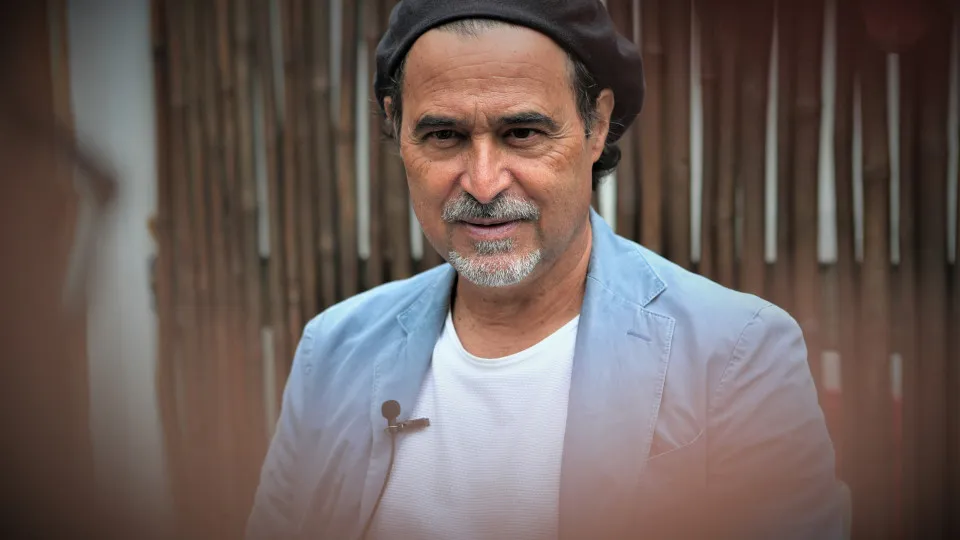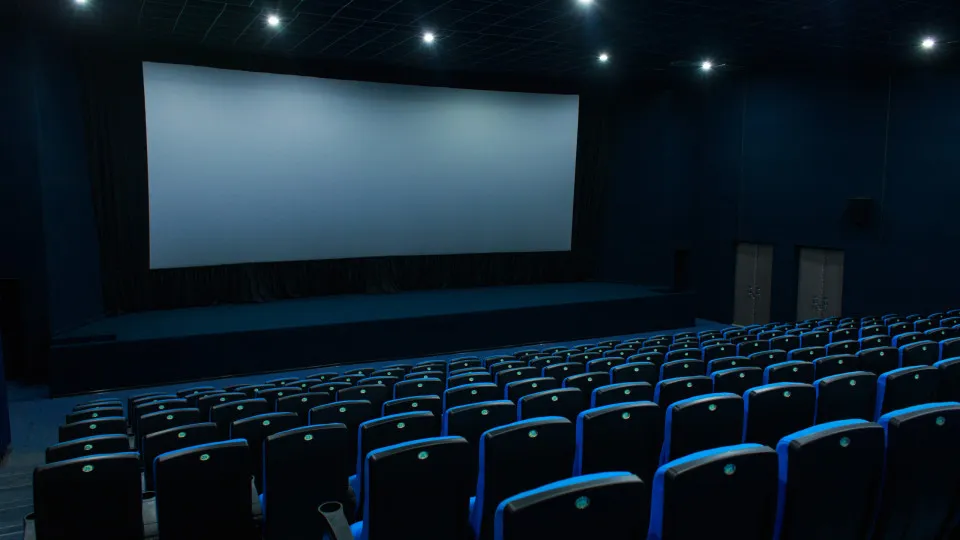
“I believe a bad writer will never write a good novel using artificial intelligence,” but “perhaps a good writer can write a better novel once they know how to use this tool,” said José Eduardo Agualusa today at the Fólio – International Literary Festival of Óbidos.
Speaking at an author’s panel where he assured that artificial intelligence does not frighten him, the Angolan writer considered that this tool “is still used in a trivial way” by many people, but that when “it is well utilized, greater potentials will likely be discovered.”
He still believes there is no danger of “writers being replaced,” because artificial intelligence “mimics, reproduces the writer’s style,” but “the imitation of the style is usually ridiculous.”
However, “in other aspects, this tool is very useful,” he noted, citing the example of the Angolan column in newspapers, which “has improved greatly because it corrects very well.”
“In the case of Angola, it is very clear, suddenly the columnists began writing better, any emergency, we ask and the weekly column is delivered.” Yet, in long narratives, in novels, “AI still faces a great challenge,” and even if one day it manages to write “a mediocre novel,” there will have to be “someone behind it, with creativity.”
José Eduardo Agualusa was speaking at the 12th panel of Fólio, in a discussion with Brazilian writer Giovana Madalosso, where both argued that literature is not in peril despite censorship and cancellation movements against writers in countries like Brazil.
Also because “more and more people are reading. More and more people are reading better,” said Agualusa.
The Fólio, which runs in Óbidos until Sunday, marks its ten-year anniversary with over 460 events, including more than a hundred conversations between authors and the public, 15 author panels, gatherings, seminars, book launches, concerts, and award ceremonies.
Organized by the municipality of Óbidos in partnership with the municipal company Óbidos Criativa, Ler Devagar, and the Inatel Foundation, the Fólio has been held since 2015 in the town classified as a UNESCO Creative City of Literature.




